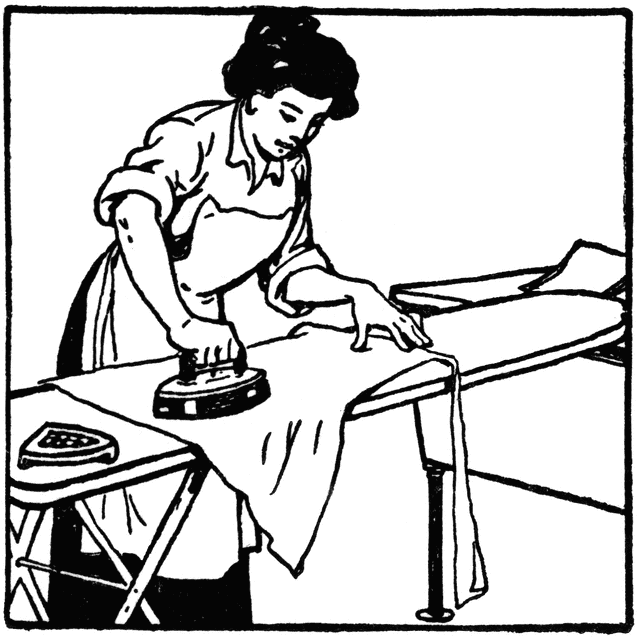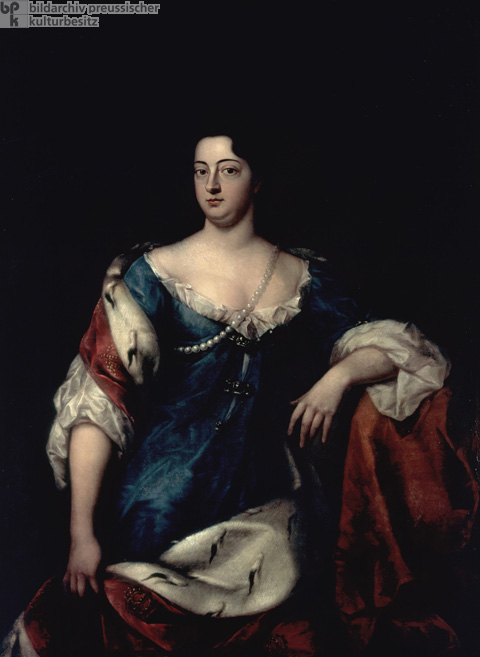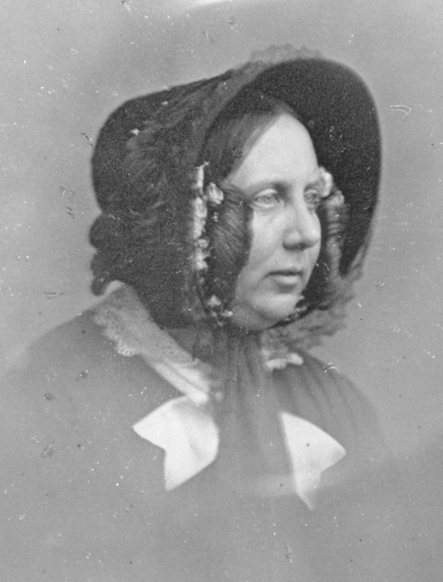It's not really the time of year for ghost stories, but I was given a couple of spine-tinglers for my birthday and hadn't the patience to wait for the requisite long winter nights and crackling fires. Anyway, I need to read ghost stories for 'research purposes', because I am in the middle of writing one.
'Research' is such a pompous word to describe something as fun as reading ghost stories that I almost (almost) feel like a fraud for deploying it. Therefore, just to prove that I have actually been working extremely
hard, even when it looked as though I was lying on a picnic rug in a semi-comatose state with a paperback over my face, I hereby present my findings:

The first of the two was
This House is Haunted by John Boyne, which is a traditional ghost story set in the nineteenth century, involving all the creepy Victorian fandangles you could possibly desire, including a big, sinister house and some small, sinister children. Personally I would have gone for a more enigmatic title if I was John Boyne, but then again you can't accuse this book of failing to do exactly what it says on the tin. Once our plucky heroine (the new governess,
naturellement) has reached Gaudlin Hall, barely a page is allowed to go by without one supernatural shock or another: locked windows fly open, possessed dogs rampage, yokels dispense dire warnings right, left and centre, and ghostly hands try in vain to shove our heroine underneath various forms of moving vehicle, from steam trains to horse-drawn milk floats. I kept imagining a manic, over-caffeinated editor waving the manuscript in the author's face and screeching, "I want to see more action, John! More cliché!You can't have enough cliché!"
In all fairness, the story itself was strong and the whole thing rollicked along pleasurably enough. You will recall, however, that I was not reading it for
pleasure
but for serious research purposes, and this being the case I feel duty-bound to report the following observations:
a) For the sake of Atmosphere, Flash-Bang-Wallop should be applied sparingly. The best (most menacing) chapter of
This House is Haunted was the first one, where newspapers rustled at a gloomy breakfast-table in London and fog swirled abundantly, but nothing awful actually happened.
b) Cliché is a big, big problem for ghostly fiction because, for once, the zero-tolerance approach doesn't work. There must be darkness and a place (yes, it's usually going to be an old, large house) where bad things have happened, and there has to be a protagonist who starts out as an innocent rationalist and ends up changed (i.e.a complete nervous wreck, or dead). There have to be bumps in the night and things half-seen and half-heard...otherwise it's not a ghost story. But how do you stop these fundamentals tipping over into pastiche? (It's a genuine question; I'm not writing as one-who-knows.)There's not much middle-ground between chilling and funny. Take a typical passage from
This House is Haunted, and see if you can read it without coming over all Hammer Horror:
"'I'm sure I'll be back often,' I told her.'I'm the new governess at Gaudlin Hall so I expect I will be in and out of the village on a regular basis.'
The moment I said this, the tea cup slipped out of her hands and fell to the floor, smashing into a dozen or more pieces.
'Oh dear,' I said, looking down at it. 'I hope it wasn't valuable.'
Molly, however, was not looking at the broken cup but staring at me instead with a ghastly expression on her face."
In a funny sort of way I love it, but funny is the operative word and it means I'm not scared.
I cannot over-emphasise how enjoyably menaced I was by the second item in my 'research programme', however. I didn't chortle my way through this one, I can tell you. Aside from two snoring kids and a couple of guinea-pigs, I was alone in the house on the night I started reading, and the atmospherics all got a bit much - I had to put it down and read something frivolous instead.
Dark Matter, by Michelle Paver, is set in the 1930s during a long, arctic winter on the island of Svalbard. It's a pretty straightforward story about a scientific researcher enduring months of total darkness on his own after his colleagues abandon him, one after the other, for sinister-yet-plausible reasons. I could outline the entire plot for you in one, short paragraph (don't worry, I wouldn't be such a spoil-sport), but I find it much harder to analyse than the John Boyne novel partly, I suppose, because it's easier to be snide about clunky writing than to understand the workings of something seamlessly brilliant. Anyway, for what they're worth, here are a few thoughts:
a)
Dark Matter manages to be classic and original in the same breathe. All the essential components of the ghost story are present and correct, and yet they're given a twist - so for example the creaky haunted house becomes the research station on the bay at Longyearbyen, and the requisite dark palette is provided (in spades) by the arctic winter itself.
b) Atmosphere reigns supreme. Hints are dropped, suspicions are formed, things are glimpsed, but nothing definite happens for quite a long time. It's all about ratcheting up the tension to the
nth degree.
c) Place and story are inextricably woven together, so that terror of the ghost and terror of the arctic landscape merge and become the same thing. Michelle Paver's ghost isn't some eccentric apparition wandering around an old house and saying 'Boo' for it's own amusement, it is an integral - even a metaphorical - part of the remorseless winter that Jack endures. I think that's what gives this book such depth. As the days on Svalbard got shorter and shorter, and the darkness started closing in on Jack, I wasn't sure whether I felt claustrophobic for supernatural or non-supernatural reasons (or, indeed, whether that distinction makes much sense. Is it rational or irrational to fear darkness and solitude?)
I'm going to end this post by quoting a passage from
Dark Matter, in which Jack records seeing the sun for the very last time before the winter sets in for good:
"Twilight. Behind the bird cliffs, the red glow of dawn, but to the west it was night: the cold glimmer of stars. The black bones of the mountains jutted through the snow. On the shore, the whale ribs glinted with frost, and the rocks sloping down to the sea were white and smooth. The water was dark purple, vivid and strange.
Because of the cliffs, we couldn't see much. We saw the sky turn bloody and inflamed as the sun struggled to rise. We saw a sliver of fire. An abortive dawn. The sun sank back, defeated.
Gone."
Right I'm off to find some more 'research'. Gosh, I'm such a grafter, it can't be healthy. I ought put my feet up for a bit instead and relax with a good book.













